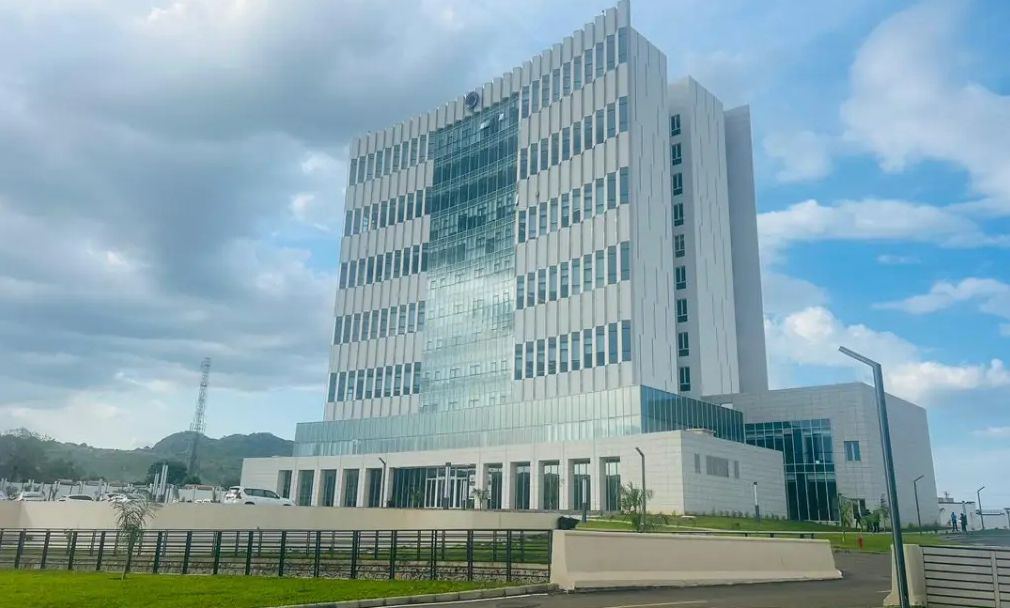
US Dollar Trades at Over 4,600 SSP Officially/BoSS
(Juba) – The Bank of South Sudan on Monday, 23rd June 2025, released its official daily exchange rates, showing that the South Sudanese Pound (SSP) continues to trade at a weak position against major international currencies. The latest rates reflect the country’s ongoing economic struggles amid inflation and currency depreciation pressures.
According to the central bank’s published data, the US Dollar is being sold at SSP 4,612.41 and bought at SSP 4,476.08, placing the effective average exchange rate at approximately SSP 4,544.25 per USD, which equates to about 1 USD = 4,544 SSP. This rate highlights the continued strain on South Sudan’s foreign exchange market and the high cost of importing essential goods and services into the country.
The Euro is selling at SSP 5,311.65 and buying at SSP 5,153.76, translating to an average of SSP 5,232.70 per Euro, or 1 Euro = 5,232 SSP. Meanwhile, the British Pound is averaging at SSP 6,122.90, based on the selling price of SSP 6,215.22 and buying price of SSP 6,030.62.
Among regional currencies, the Kenyan Shilling is trading at an average of SSP 35.16, the Ugandan Shilling at SSP 1.26, and the Ethiopian Birr at SSP 33.74. This reflects a high exchange cost for even regional trade, affecting ordinary market transactions and cross-border movement of goods, especially with neighboring Kenya, Uganda, and Ethiopia.

Other exchange rates include:
-
Sudanese Pound (SDG): SSP 7.70 (sell) / SSP 7.43 (buy)
-
Rwandan Franc (RWF): SSP 3.27 (sell) / SSP 3.11 (buy)
-
Tanzanian Shilling (TZS): SSP 1.74 (sell) / SSP 1.69 (buy)
-
Burundian Franc (BIF): SSP 1.58 (sell) / SSP 1.51 (buy)
These rates demonstrate the inflationary burden on ordinary South Sudanese who rely heavily on imported goods. For example, purchasing goods worth $100 would require over SSP 461,200, making basic commodities increasingly unaffordable for most citizens given the limited availability of hard currency in the market and low wage levels in local terms.
Economists have repeatedly called for urgent reforms, increased productivity, and diversification of the economy to ease the pressure on the SSP. However, the exchange rate remains largely vulnerable to external shocks, political instability, and dependence on oil revenues.
The Bank of South Sudan continues to publish these rates daily in an effort to improve transparency and stabilize the currency market, though the parallel market often trades at even higher rates.
Discover more from Access Radio Yei News
Subscribe to get the latest posts sent to your email.







